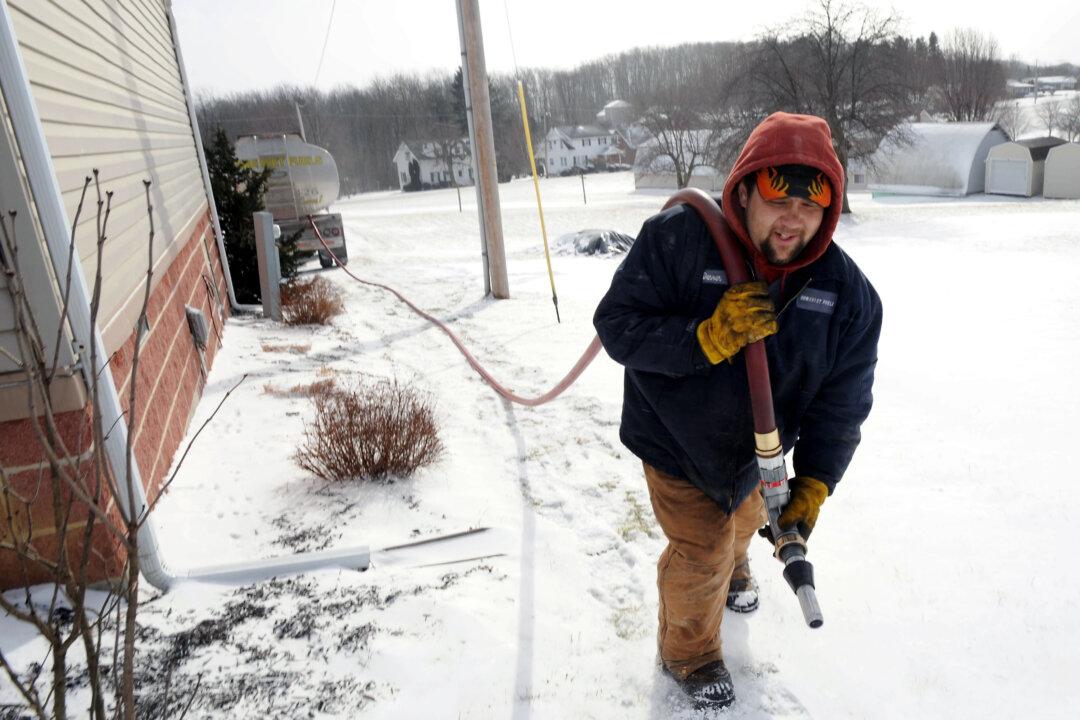The carbon tax has been challenged right up to the Supreme Court. It’s been ineffective in reducing emissions. And it’s been widely criticized for increasing inflation and hitting Canadians’ wallets even after federal rebates.
While carbon pricing has turned into a political debacle for the Liberals, a leading public policy and tax expert suggests the tax itself isn’t the main problem. He says Ottawa’s overall strategy to achieve emissions-reduction goals by introducing additional policies in essence shows a lack of belief in the effectiveness of the carbon tax.





